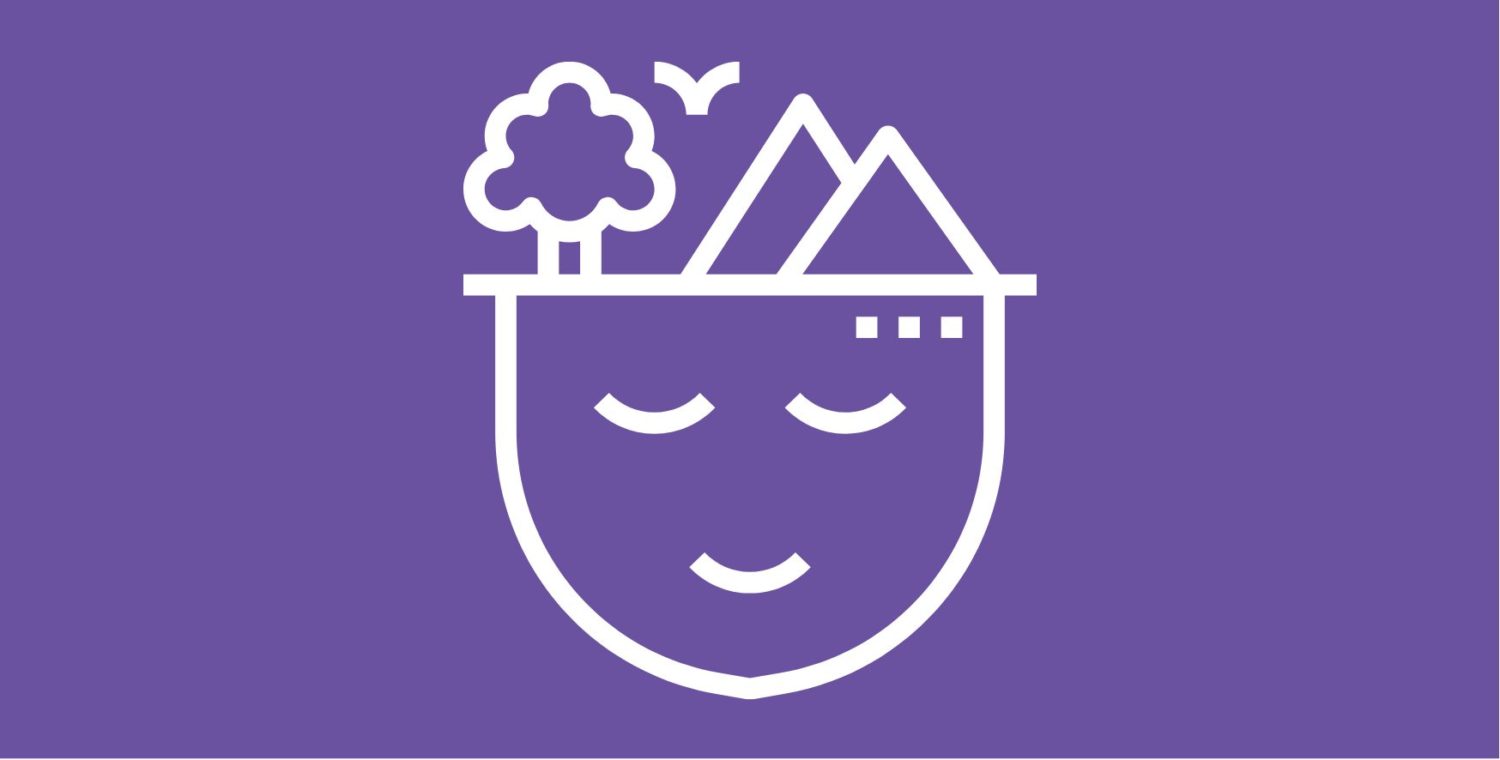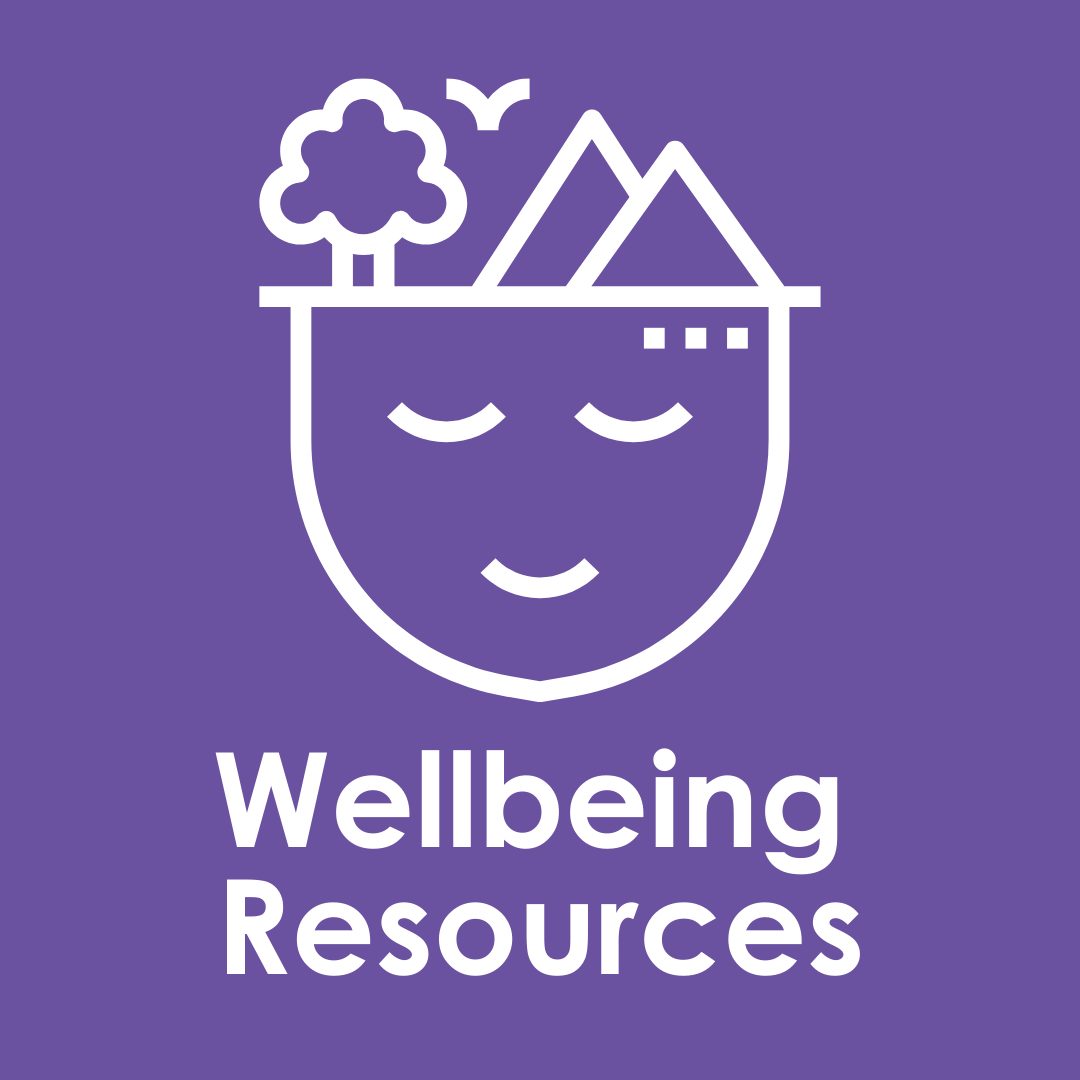On World Mental Health Day this year, Migrant Resource Centre Tasmania (MRC Tas) is encouraging a focus on the mental health of migrants, refugees and asylum seekers in Australia and Tasmania.
According to the World Health Organisation, World Mental Health Day aims to raise awareness and mobilize global efforts in support of mental health and wellbeing. Today, MRC Tas honours, celebrates and acknowledges all people from migrant or refugee backgrounds who face adversity and mental health challenges with strength and resilience. MRC Tas also recognises and applauds the people from migrant or refugee backgrounds who work to support people, including psychologists, doctors, nurses, mental health professionals and peer workers. These individuals, through their actions and commitment, help to improve the mental healthcare system for all Tasmanians.
Mental health and mental wellbeing should be a priority throughout the world. It’s always important to acknowledge when a person isn’t feeling okay and encourage them to seek support when needed. For many people, accessing mental health support can be challenging, and for people from migrant and refugee backgrounds there are often additional considerations. For many people from migrant and refugee backgrounds, feelings of grief, loss and social isolation can make resettlement challenging. Having to cope with culture shock, past traumas, language barriers, and continuing anxiety over family and friends left behind can also make it difficult to establish a new life. All these factors can place the mental health of people from migrant and refugee backgrounds at risk. Many of these are experiences that the majority of the Tasmanian population do not have to face. Yet, understanding these experiences and the process of resettlement is important to ensure services can offer culturally appropriate support.
One such service offering assistance is the Phoenix Centre, a specialist mental health service operating as part of MRC Tas. The Phoenix Centre is there to provide individuals from a Culturally and Linguistically Diverse (CALD) background with mental health and wellbeing support. It delivers mental health and wellbeing and suicide prevention activities to communities, intervention strategies, natural therapies and counselling services. It also provides specialist support for survivors of torture and other traumatic experiences and their communities.
Some of the many services offered by the Phoenix Centre include:
Counselling: The Programme of Assistance for Survivors of Torture and Trauma (PASTT) provides specialist counselling for survivors of torture and trauma. Sessions are tailored to meet the unique needs of the individual. It’s free, confidential and conducted by qualified professionals.
Early Intervention: For children and young people and their families from a humanitarian background (aged 0-25 yrs), the Early Intervention Program can assist with counselling and psycho-social group work.
Amplify Ability: Amplify Ability is a program supporting individuals from migrant and refugee backgrounds to increase their wellbeing and self-confidence. The program assists people to develop social and community connection, wellbeing strategies, goal setting, and support to plan for and realise these.
Tasmanian Transcultural Mental Health Network (TTMHN): The TTMHN works across sectors, supporting Tasmania’s mental health workforce to provide appropriate and inclusive services for culturally and linguistically diverse individuals, families and communities. It aims to increase cultural competence and cultural responsiveness, as well as enhance mental health literacy in CALD communities. Visit www.ttmhn.org.au for more information and to become a TTMHN member.
As well as these targeted services, the Phoenix Centre provides professional development and self-care awareness training to professionals that work with individuals from refugee and migrant backgrounds. If you are interested in accessing training please contact the Phoenix Centre. Though migration can bring new experiences, positive outcomes and benefits for both people from a CALD background as well as the Tasmanian community as a whole, the journey is not always a safe one. For people from migrant or refugee backgrounds, feeling safe, welcomed and included can make a big difference to their mental wellbeing. Improving the mental health and wellbeing of Tasmania’s CALD community means ensuring each person—and particularly those working in the mental health industry—are aware of the specific difficulties that people from migrant and refugee backgrounds may face. It also means providing members of the CALD community with specific support and opportunities for social connectedness. Services can make a difference in this space by acknowledging that Tasmania’s multicultural community presents a distinct strength and resilience. To ensure they can continue to stand strong in the face of adversity, Tasmania’s mental health workforce can focus on making culturally appropriate healthcare services available to all those who need it.
If you, or someone you know, is needing support or more information, help is available. Anyone from a CALD background who would benefit from the support or services provided by the Phoenix Centre are encouraged to refer themselves or family members. Referrals to the Phoenix Centre can be made by anyone, including service providers, medical professionals, friends or family members of the person, or the person themself.
To make a referral, please call (03) 6234 9138 and ask for the Phoenix Centre. Alternatively, you can complete a referral form, available on the Phoenix Centre website, and email it to us. For more information, please visit https://mrctas.org.au/phoenix-centre/.
You can also find in-language and Easy English resources for positive wellbeing here.
Posted: 10/10/2021
Share this Post





